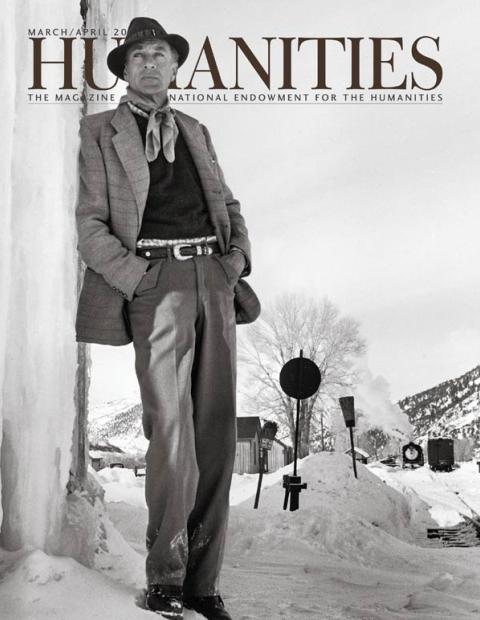Noted American writer Richard Ford discusses his third novel, The Sportswriter, which turned his previously modest fiction career around. Excerpt taken from "Humanities on Demand" a selection of podcasts on the Maine Humanities Council website.
I will tell you what the provenance of that book was. The magazine I was working for—in New York, which was called Inside Sports, and it was owned by Newsweek—went out of business. I came back to Princeton where Christina and I were living. . . . And I said, Well I was going to have to fall back on what I know how to do, which was write novels. And Christina said, Why don’t you write a novel about somebody who’s happy? Which was a bolt out of the blue … And I thought, What would make a person happy? When I stopped being a novelist and started writing sports, I realized that in a conventional sense I had gone down a rung. And I thought, Gee, going down a rung made me so glad, so happy, and maybe that would be a thing a person could do to make himself happy: to quit being this thing that wasn’t working for him, or was hard or amorphous and also unsuccessful and go down to something you could do with some pleasure.
[The failure to find an audience for my first two books forced me] to think long and hard about what good literature is to the people who read it. I know when I wrote those two novels and they didn’t get me anywhere … to write the third one I really had to do something to myself that I hadn’t done before. I had to bump up my game in a really considerable way. And one of the ways I bumped up my game was to think, I want to write a book that someone, in the sense that Walter Benjamin talks about, that someone can use, which is to say a book that when you read it will, in some way, not because it has a happy ending but because of the passage the reader experiences when she or he passes through the book, that that will in some way redeem you, that the access to art, that the access to language, that it will be felicitous, that it will be funny, that it will have things to give you, and so that really became something I wanted to do a lot.

